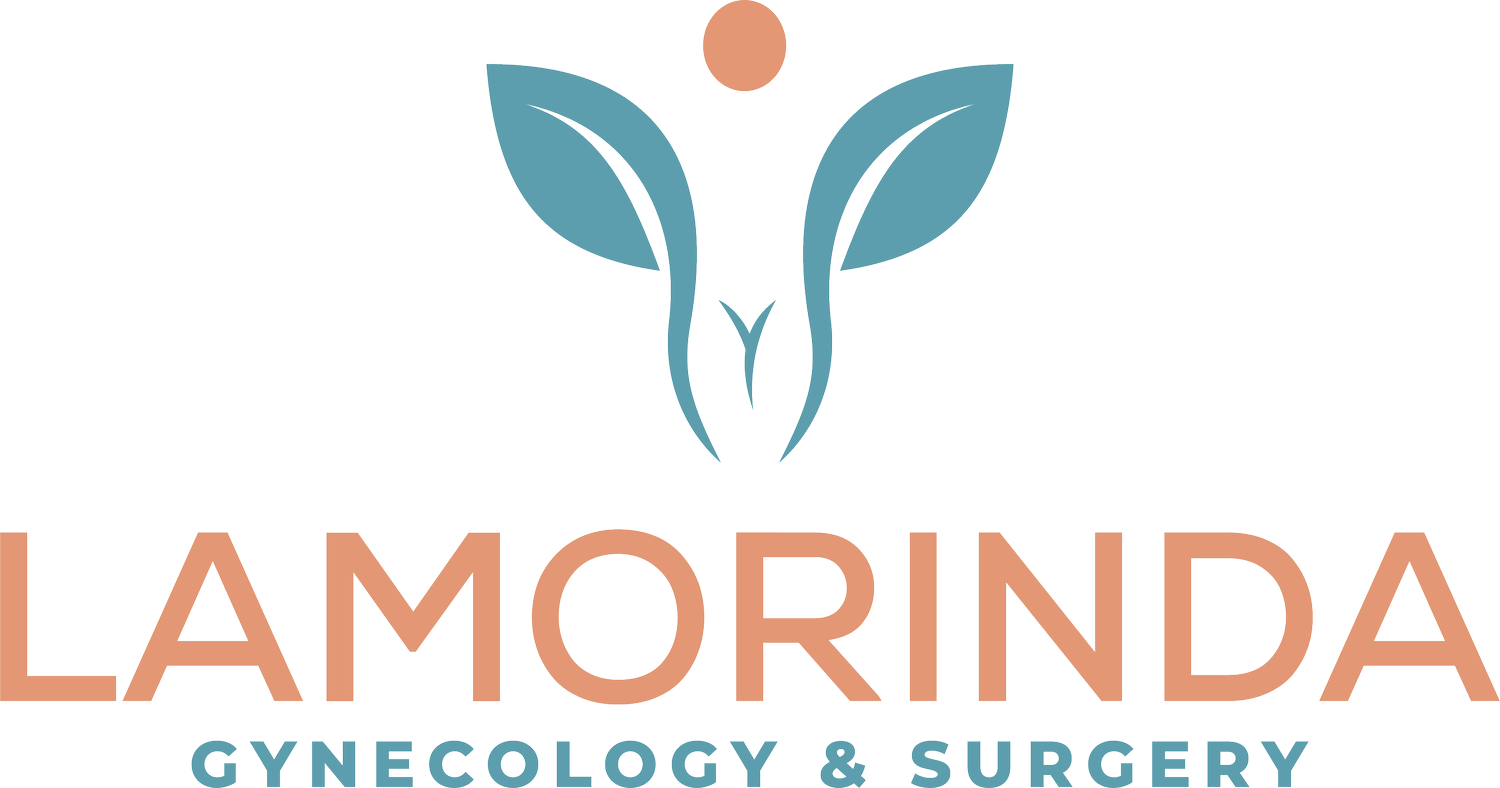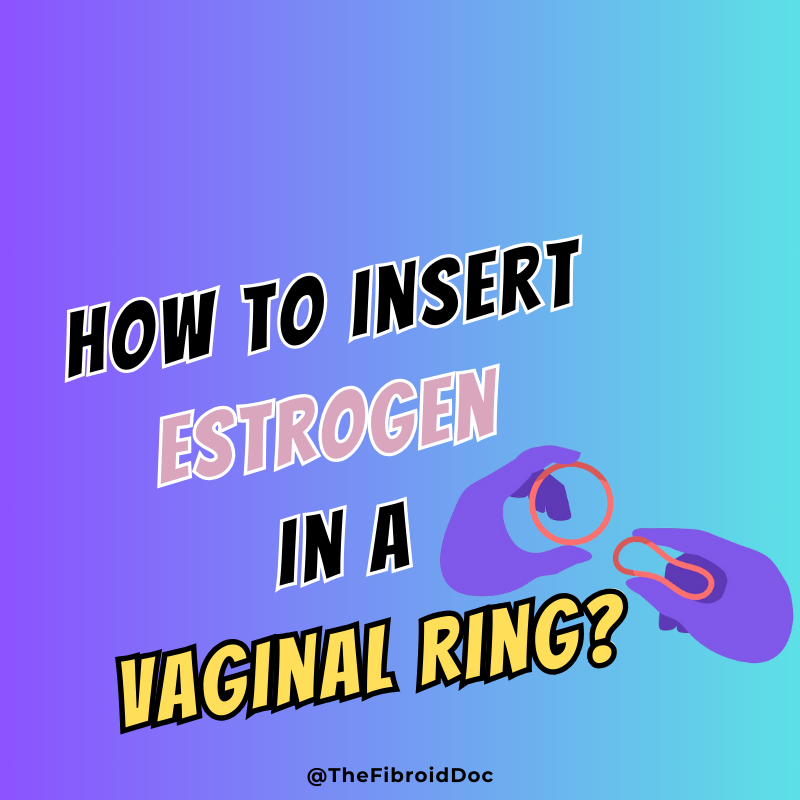Blog
Find answers to your gynecological questions. Use the search box below to find the help you need.
Beyond Water and Fiber: Addressing Constipation in Women
Constipation is a common yet often overlooked issue affecting women, and while increasing water intake and dietary fiber are well-known remedies, they might not always be sufficient. As a gynecologist, I regularly discuss this less glamorous but crucial health topic with my patients. Here are three key considerations if you're struggling with constipation despite a healthy diet.
Celebrating One Year of Personalized Healthcare: A Patient's Perspective
An innovative aspect of this practice is its membership model. Sally, a founding member, emphasizes the value this system has added to her life. The membership eliminates the worry of per-appointment payments, providing financial peace of mind. This model allows for immediate access to Dr. Prabakar, priority scheduling, and even phone consultations for urgent concerns, embodying the essence of concierge care.
Revolutionizing Women's Sexual Health: A Breakthrough in Treating Low Libido
Introducing Vyleesi, an FDA-approved medication designed specifically to boost libido in women. This revolutionary treatment comes in the form of a simple, self-administered injection, usable either in the abdomen or thigh.
Diabetes and Gynecologic Health: What You Need to Know
Diabetes, a prevalent condition affecting millions worldwide, has a significant impact on various aspects of health, including gynecologic well-being. As November, the month of diabetes awareness, approaches, it's crucial to understand how this condition can influence your gynecologic health.
New Tool To Detect Cancer EARLY!
Pancreatic Cancer, often described as a "Silent Killer," is notorious for its late diagnosis and poor prognosis. November, recognized as Pancreatic Cancer Awareness Month, serves as a critical time to shed light on this aggressive form of cancer.
Debunking The Top Three Myths About Gynecological Health
Every woman, irrespective of her age or whether she's had children or a hysterectomy, should continue to see her gynecologist annually. It's about comprehensive care that adapts to your needs as you age, ensuring a healthier life through all its stages.
Happy FIRST Birthday to “Lamorinda Gynecology & Surgery.”
Happy FIRST Birthday to “Lamorinda Gynecology & Surgery.”
How to use Vaginal Estrogen Cream?
Another type of vaginal estrogen-the CREAM! You can either use the applicator to insert it or just put a little on your finger and rub it in!
How to Insert Estrogen in A Vaginal Ring?
This vaginal ring has 3 months worth of estrogen in it! It’s easy to insert. You won't feel it. You won't feel it during sex. You don't need to remove it. It's really easy. And if you don't want to be applying medication every day or every week, or you're not going to remember this, the E-string is great because it lasts for three months.
Common Myths About "Vaginal Estrogen"
There are three most common myths of vaginal estrogen.
That it's going to cause breast cancer or some other type of cancer.
That it's the same as regular systemic hormone therapy.
That you cannot use it with systemic hormone therapy.
“PreMature Menopause” What Can You Do About It?
The average age of menopause is 52. But some women reach menopause in their late 30s or early 40s. And this is called early menopause or premature menopause. So if you are one of those women who has reached menopause really early, well, what do you do about it?
How Do I Know When I am Ovulating?
This is a really important question, especially for those who are trying to conceive and have a baby. So let's go over three ways in which we can figure this out.
What does Recovery after an Ovarian Cyst Removal look like?
Ovarian cysts may become large, they may become painful, they could be on the verge of bursting, or they could look a little abnormal, and it's best to remove it. So what does life after removing the ovarian cyst look like in terms of recovery?
"Endometrial Polyps" - What are they?
An Endometrial Polyp is a small squishy growth that grows inside your uterine cavity, and it is almost always benign, which means it's not cancerous. But polyps can cause some symptoms, like spotting, irregular bleeding and also infertility. So for patients who are undergoing IVF, polyps are often in the way of an embryo actually implanting into the uterine cavity.














